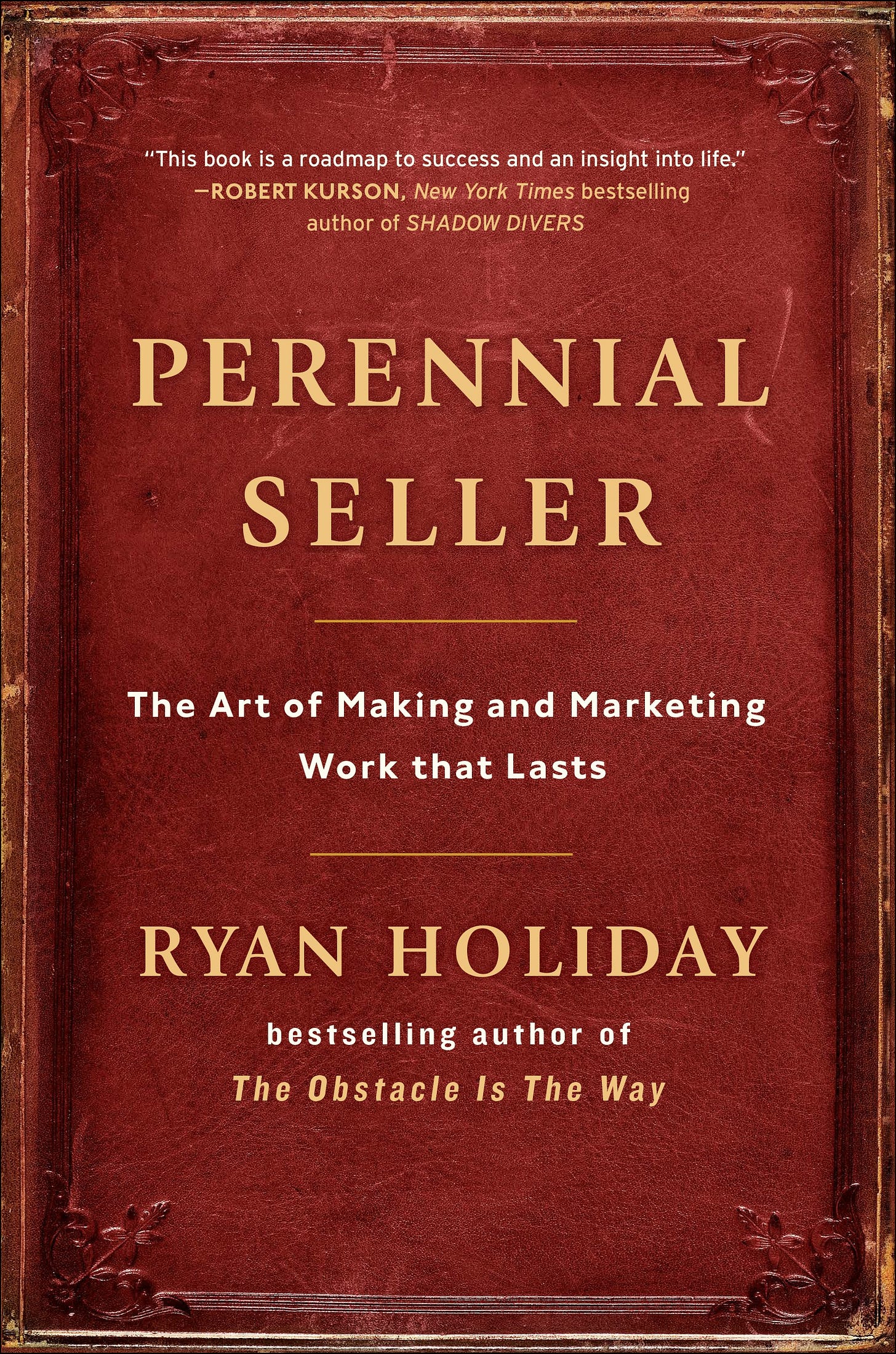Are there things you haven't done for your show because they're "too much work?"
Get ready to be like "oh shit I was wrong."
Happy Thanksgiving!
Now for the stuffing…
I was talking to a pair of podcast co-hosts this week about their show. They’ve been pretty adamant that they don’t want it to be a narrative nonfiction show despite that it’s easily within their skillset. They’re both investigative journalists, and one of the reasons they claim they don’t want to do this is that it’s too much work.
In the context of the way they’re looking at their show—a weekly show that involves both discussion and a bit of research-turned-script—they can’t find the time to do more than that. Adding in interviews with third parties, audio clips that they dig up, or carefully tuning a character-driven story arc would bog them down and make it impossible to keep on their weekly cadence.
But here’s the thing. At their current growth trajectory they’re looking at at least 6 more months of weekly grind before they get to the audience numbers that will draw advertisers. So if we imagine that they spend 20 hours a week on each show, that’s around 500 hours of work to get to their target. Well look at that! 500 hours of work is a ton! It’s definitely enough to make a few episodes of a well investigated narrative podcast that sounds like it came straight off the NPR airwaves.
Would you rather listen to 8 episodes of a killer story that’s well edited and investigated or 24 episodes of a show that’s a bit rushed and depends heavily on host-read 3rd party sources? I think most people would choose the former, and, more importantly, recommend it to their friends.
My Timber cofounder, Chris Hickman, and I hit the same stumbling block on our show Mobycast. We did it for two years and made over 100 episodes. We believed so strongly in the importance of our weekly cadence that we could never take the time to revamp the show and make it something special. We threw hours and thousands of dollars at marketing when what we should have been doing is throwing those same hours and dollars at making the show so good that our smallish audience told their friends about it. Looking back now, if we had just stopped after 10 or 15 episodes and taken the time to make something great, we could have reached a much larger audience with way fewer episodes. In the end it would have been less time consuming.
I’m making up a new metric: ears per hour of effort. If the hours you put in are legitimately improving your show, they could be exponentially valuable. Some incredible shows like S-Town and Bear Brook are still pulling in listeners years after they wrapped up, and they will continue to do so for years to come. They’ve entered the canon. I love this idea that really great work sells more and more with time, and I want to strive to create this kind of work. Ryan Holiday wrote an amazing book about it called The Perennial Seller. Have you read it?
So “ears per hour worked” is not a metric we have complete control over because who’s to say how people will react to our very very best work. But it does seem worth considering especially if you ever hear yourself say, “Well we could do that, but it seems like too much extra work.”
Happy Thanksgiving and thanks for reading!
—Jon Christensen


